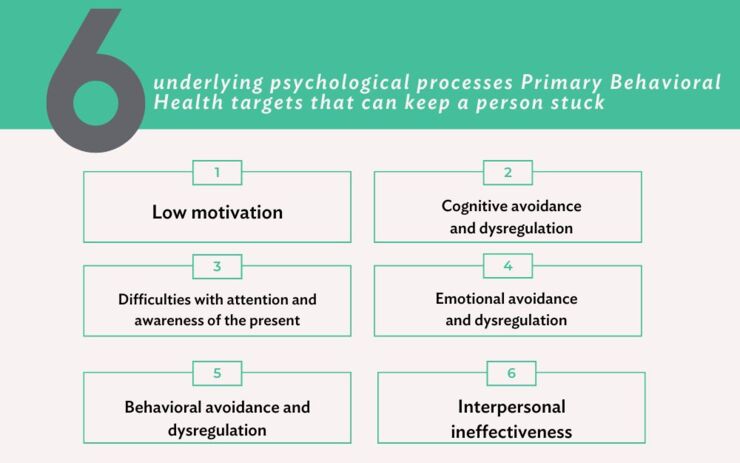How to help your teen transition to college
Posted on 08/07/20 02:22:pm
Share this article:
Leaving home for college is a rite of passage for millions of students each fall, often filled with a combination of excitement, sadness, and fear of the unknown, especially with the uncertainty of the pandemic. This time can be difficult to navigate in an unfamiliar environment with new routines and stressors.
Whether students are on campus or taking classes virtually and living at home due to COVID-19, the transition to college is significant. Experts agree parents play an important role in helping their students prepare.
“We tell our teens that college is going to be an adventure and they’re going to have many opportunities,” says Sue McKenzie Dicks, vice president of healthy culture at Rogers Behavioral Health and director of Rogers InHealth. “We also need to have a conversation about how the transition is going to be hard at first. For many of us, when we make a change, it’s a time of chaos which can lead to problems.”
Those problems include the potential for drug and alcohol use as well as mental health issues. “During the college years, mental illness has an increased likelihood of revealing itself if it hasn’t already,” says Dicks. “Students may be experiencing early symptoms at college without the context of family and people who know what’s typical for that person,” she adds.
“It’s important to talk to your children if you suspect they’re struggling with anxiety or depression,” says Rachel Leonard, PhD, LP, clinical director at Rogers Behavioral Health in St. Paul and Minneapolis. “Oftentimes, people worry if they directly ask about these topics, it might make them worse, when in fact, it’s an important conversation that can identify someone who needs professional help.”
Dr. Leonard says parents should work with roommates, friends, and teachers to identify behaviors that could indicate an underlying mental health issue:
- Spending too much time in their room
- Sleeping too much
- Playing videogames excessively
- Using alcohol or drugs
- Engaging in self-harm behaviors
Dr. Leonard adds that parents should encourage their students to maintain a healthy balance between schoolwork and extracurricular activities. “College is a season where young people should be doing the things that really matter to them. They need to identify their values and make sure their college major and other activities align with them so they can lead a more fulfilling life.”
The challenges in going back to school may be more significant than ever before, given continued uncertainty about the impact of COVID on schooling and the potential for decreased socialization and increased screen time. It will be important to continue to find creative ways for social engagement if limited in person socialization remains a reality throughout the school year.
Finding help at Rogers
Rogers’ team of experts across the country combine compassionate care with evidence-based treatment to help you or someone you love rise above mental health concerns. Call 800-767-4411 to request a free, confidential screening. You can also request a screening 24/7 online at https://rogersbh.org/screening-request



